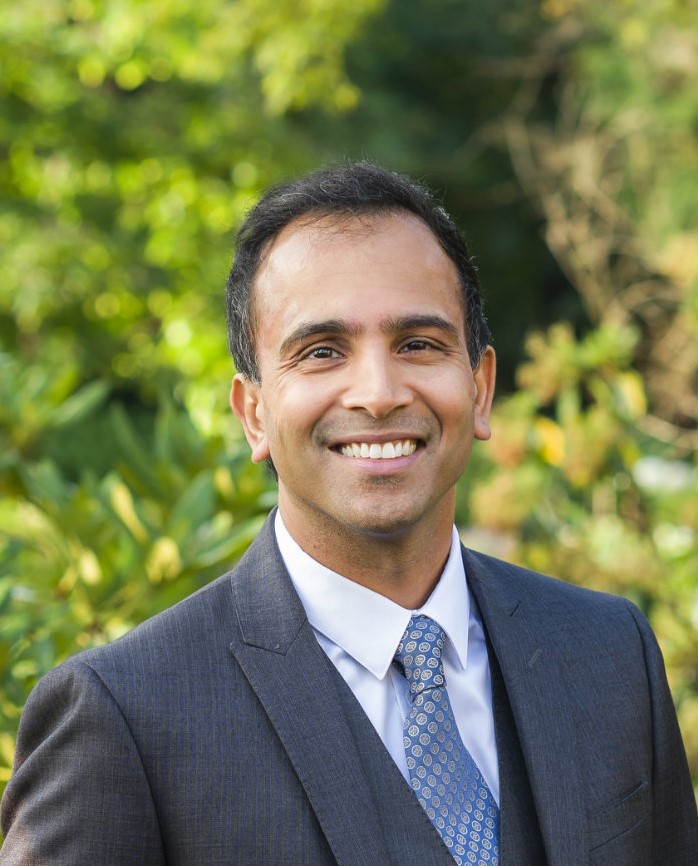By Professor Samir Parikh (Lewis & Clark Law School)

Complex litigation is resource intensive and places a staggering burden on all litigants. Large-scale mass torts resolved through multi-district litigation or bankruptcy radically amplify this burden. In order to pursue a mass-tort case to conclusion, most plaintiffs’ firms have to rely on third-party financiers to provide capital in exchange for a share of the fees that the firm ultimately realizes. Financiers have historically been passive partners. Because of this distance, courts rarely inquired about these relationships or reviewed funding agreements.
Mass-tort cases have grown in scale and frequency over the last decade, and plaintiffs’ firms have encountered escalating resource demands. Coinciding with this evolution is the entrance of opaque capital, uniquely aggressive financiers who offer attorneys and plaintiffs access to vast pools of capital in their battle of attrition with wealthy corporate defendants. The prospect of leveling the playing field is alluring. But there is a catch: these financiers will never be passive partners. Opaque capital is moving into mass-tort financing to dictate outcomes.
This Essay casts a light on the shadowed corners of litigation finance. All the tools necessary for a financier to create and control a mass-tort case are available and unregulated. The potential for distortion is most visible at two points in a case’s trajectory. Primarily, opaque capital pursues claim alchemy—the idea of employing unethical and potentially illegal tactics to create, enhance, and marshal apparently low-value claims and turn them into gold. I refer to this process as the Alchemist’s Inversion. Further, opaque capital has discovered the contractual means to seize an individual plaintiff’s right to decide when to settle their case. The luxury of choosing when to exercise this option creates sinister opportunities.
Scholars have underappreciated opaque capital’s entrance into the litigation finance theater. This Essay asserts that resolution levers in future mass-tort cases will be pulled not by the spotlighted figures before the audience but the shadowed financiers behind them. The ultimate effect will push victims further away from financial recovery.
Click here to read the full article.

Leave a Reply